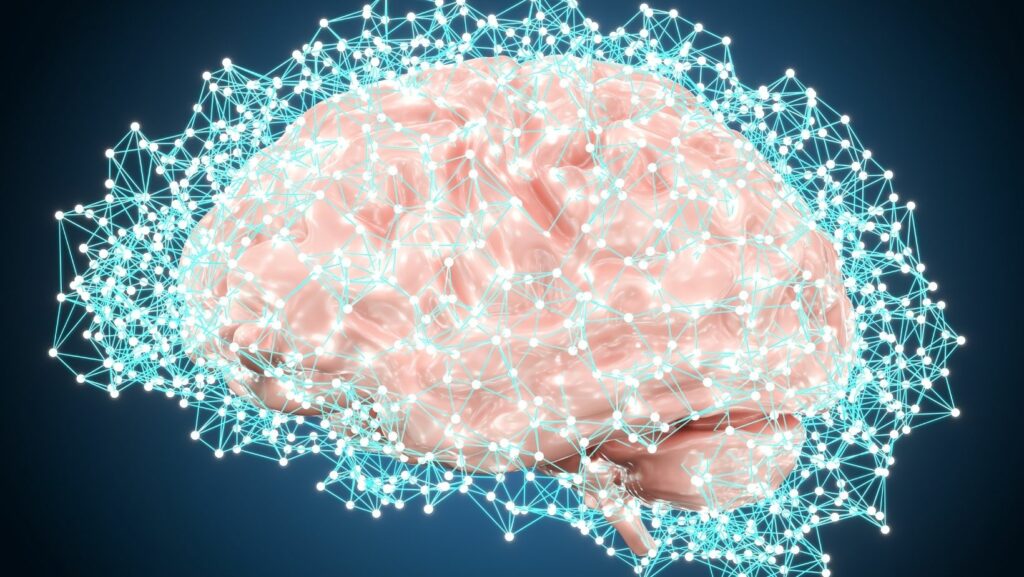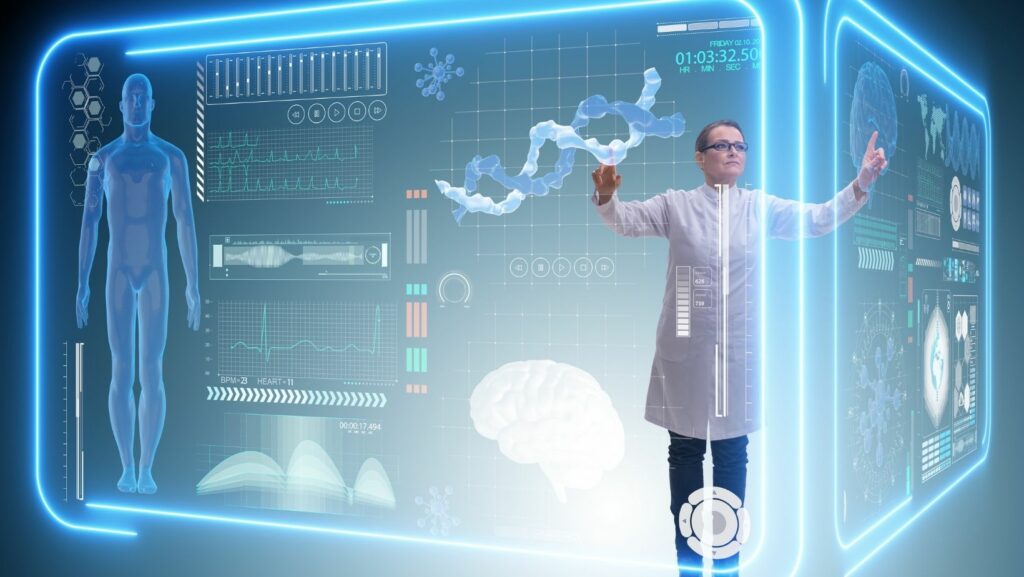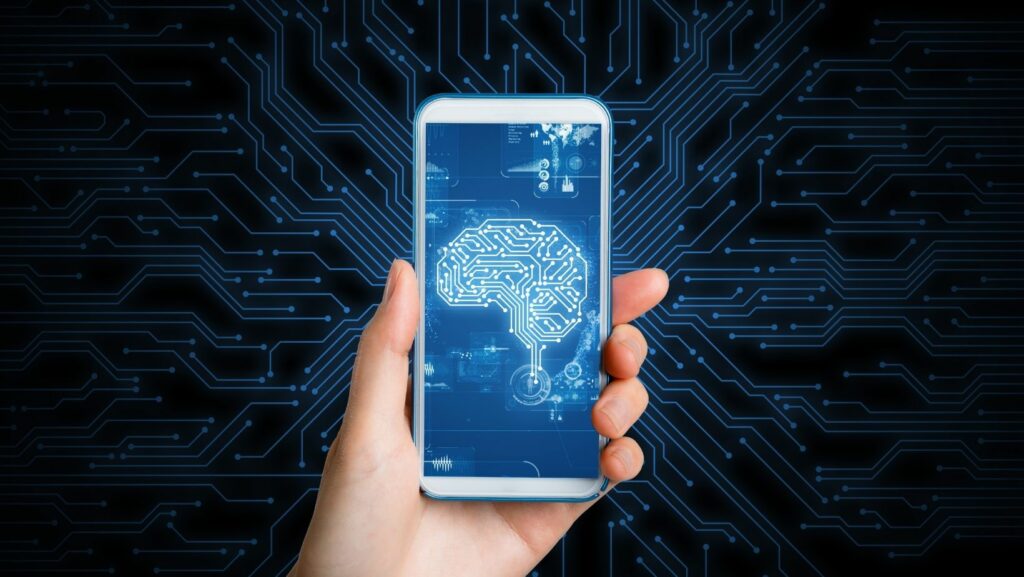
Artificial intelligence (AI) is revolutionizing the field of mental health, offering innovative solutions to support individuals in their psychological well-being. From personalized therapy sessions to early detection of mental health disorders, AI’s applications in this realm are vast and promising. By harnessing the power of AI, mental health professionals can provide more efficient and tailored interventions to those in need. In this article, we delve into the top 10 uses of artificial intelligence in mental health, exploring how this cutting-edge technology is transforming the way we approach and treat mental health issues.
10 Uses Of Artificial Intelligence In Mental Health
Artificial intelligence (AI) is pivotal in mental health, enhancing early detection and personalized treatments.
Early Detection and Diagnosis
AI algorithms analyze vast datasets to identify patterns indicative of mental health disorders at earlier stages.
Providing Personalized Treatments
Through AI, treatment plans are tailored based on individual characteristics, responses, and progress, optimizing therapeutic outcomes.
AI Applications in Therapy and Counseling
AI Therapists and Chatbots
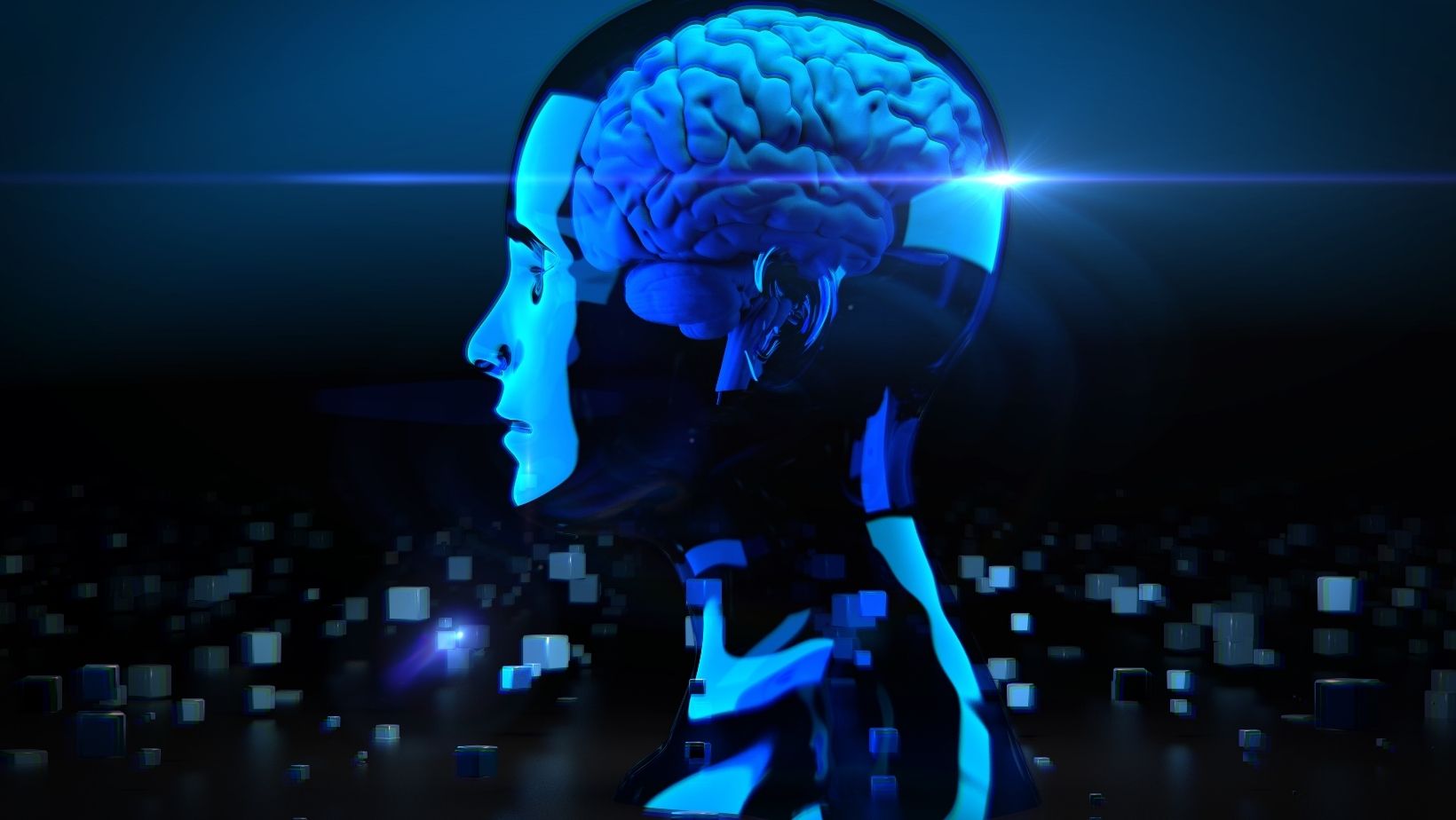
AI therapists and chatbots are revolutionizing therapy and counseling by providing accessible mental health support 24/7. These AI-driven systems can engage individuals in conversations, offer coping strategies, and provide interventions in real time. They are designed to simulate human-like interactions, creating a safe space for individuals to express their emotions and receive immediate feedback, contributing to enhanced emotional well-being.
Virtual Reality Treatments
Virtual reality (VR) treatments powered by AI technology are increasingly being used in therapy and counseling to treat various mental health conditions. VR simulations offer immersive experiences that allow individuals to confront and manage their fears, anxieties, and phobias in a controlled environment. AI algorithms customize the VR scenarios based on individual progress, making therapy sessions more effective and tailored to each person’s needs. This innovative approach enhances traditional therapy by providing a safe and interactive platform for mental health interventions.
Monitoring and Support Through AI
Predictive Analytics for Patient Monitoring
Using AI algorithms, mental health professionals can monitor patients more effectively with predictive analytics. These algorithms can analyze patterns in behavior and mood, providing insights into potential relapses or crisis situations before they occur.
Mobile Apps for Self-Management
AI-powered mobile applications offer individuals tools for self-management of their mental health. These apps can track mood changes, suggest coping strategies, provide meditation exercises, and offer resources for self-help, empowering users to proactively manage their well-being.
Ethical Considerations of AI in Mental Health
When integrating artificial intelligence (AI) into mental health practices, privacy and data security must remain paramount. Safeguarding the personal information and sensitive data of individuals undergoing therapy or utilizing AI-driven interventions is crucial to maintaining trust and upholding ethical standards in healthcare.
Privacy and Data Security
Ensuring the privacy and security of patient information in AI-driven mental health solutions is essential. Health providers and technology developers must implement robust encryption methods, strict access controls, and data anonymization techniques to protect sensitive data. By adhering to stringent privacy regulations and guidelines, such as HIPAA in the United States, stakeholders can uphold the confidentiality and integrity of patient data throughout the AI-enabled mental health care process.
Bias and Fairness in AI Implementations
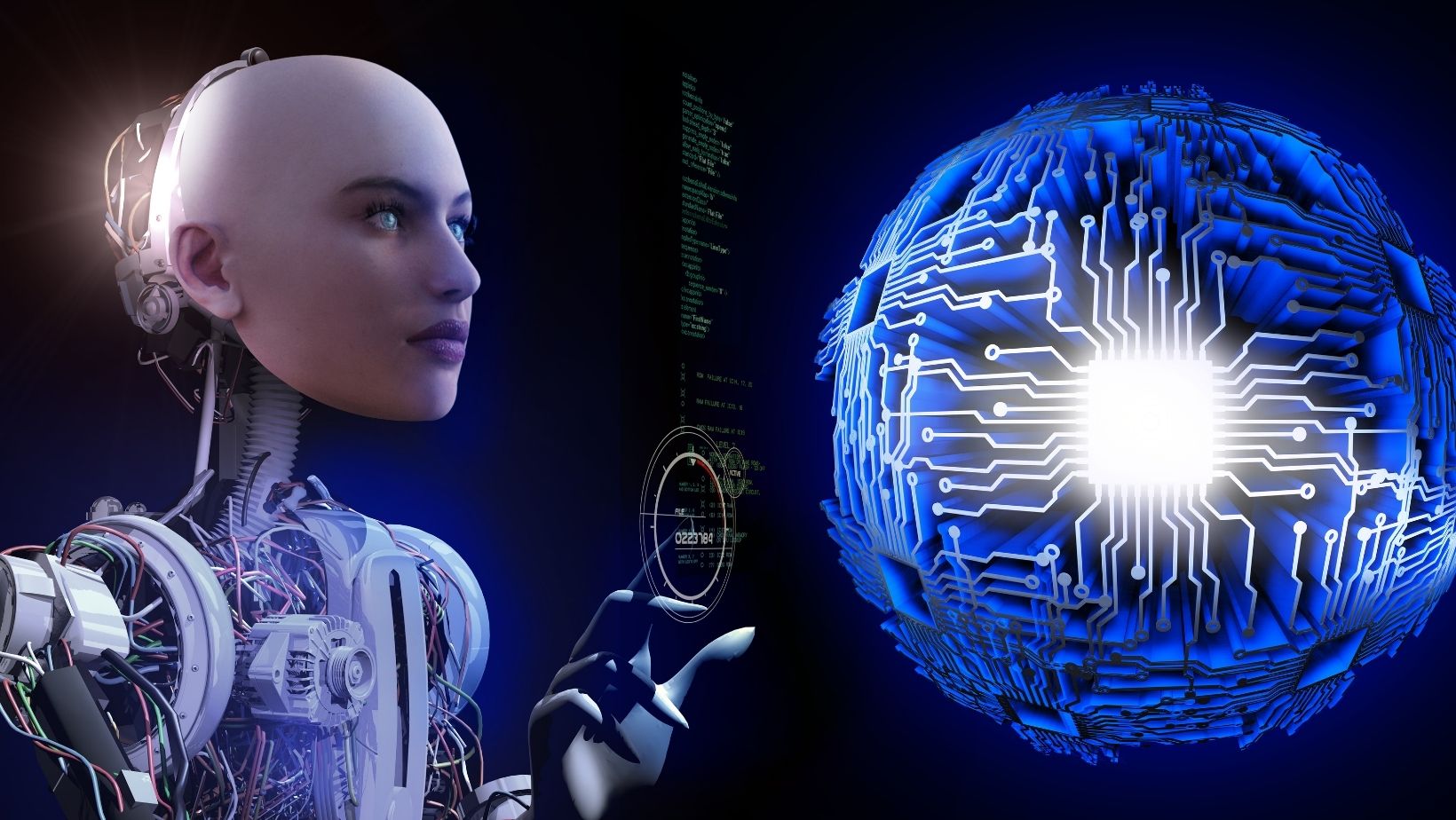
Addressing bias and ensuring fairness in AI implementations within mental health care is imperative to prevent discrimination and promote equitable treatment. Developers must strive to eliminate biases encoded in algorithms, data sets, and decision-making processes to avoid perpetuating existing disparities in healthcare outcomes. Regular audits, diverse input from multidisciplinary teams, and transparent reporting mechanisms can help identify and rectify biases in AI systems, fostering fair and inclusive mental health practices for all individuals.
Future Prospects of AI in Mental Health Care
AI’s potential in mental health is vast, offering innovative solutions for therapy, detection, and interventions. As technology evolves, AI therapists and chatbots provide continuous support, while virtual reality treatments enhance anxiety management. Privacy and data security are critical considerations, requiring encryption and adherence to regulations like HIPAA. Addressing bias is essential for fair treatment, urging regular audits and diverse input for equitable care.

